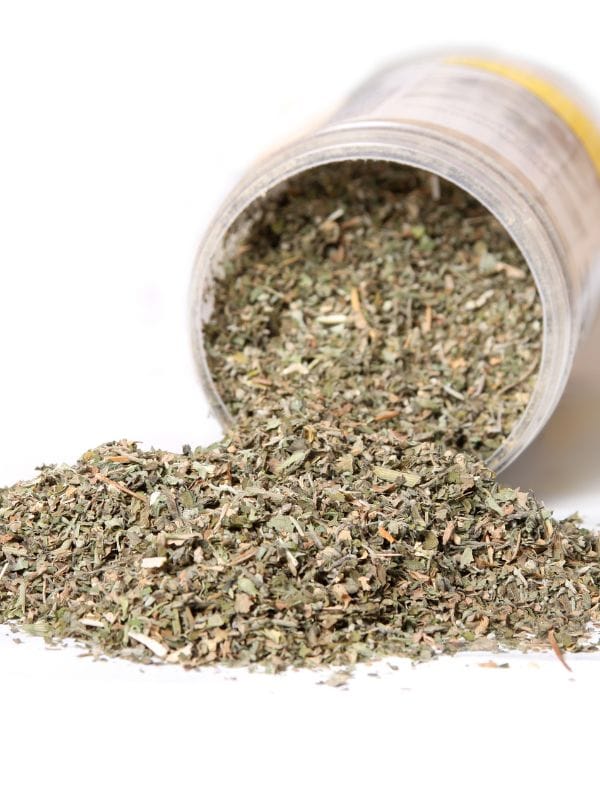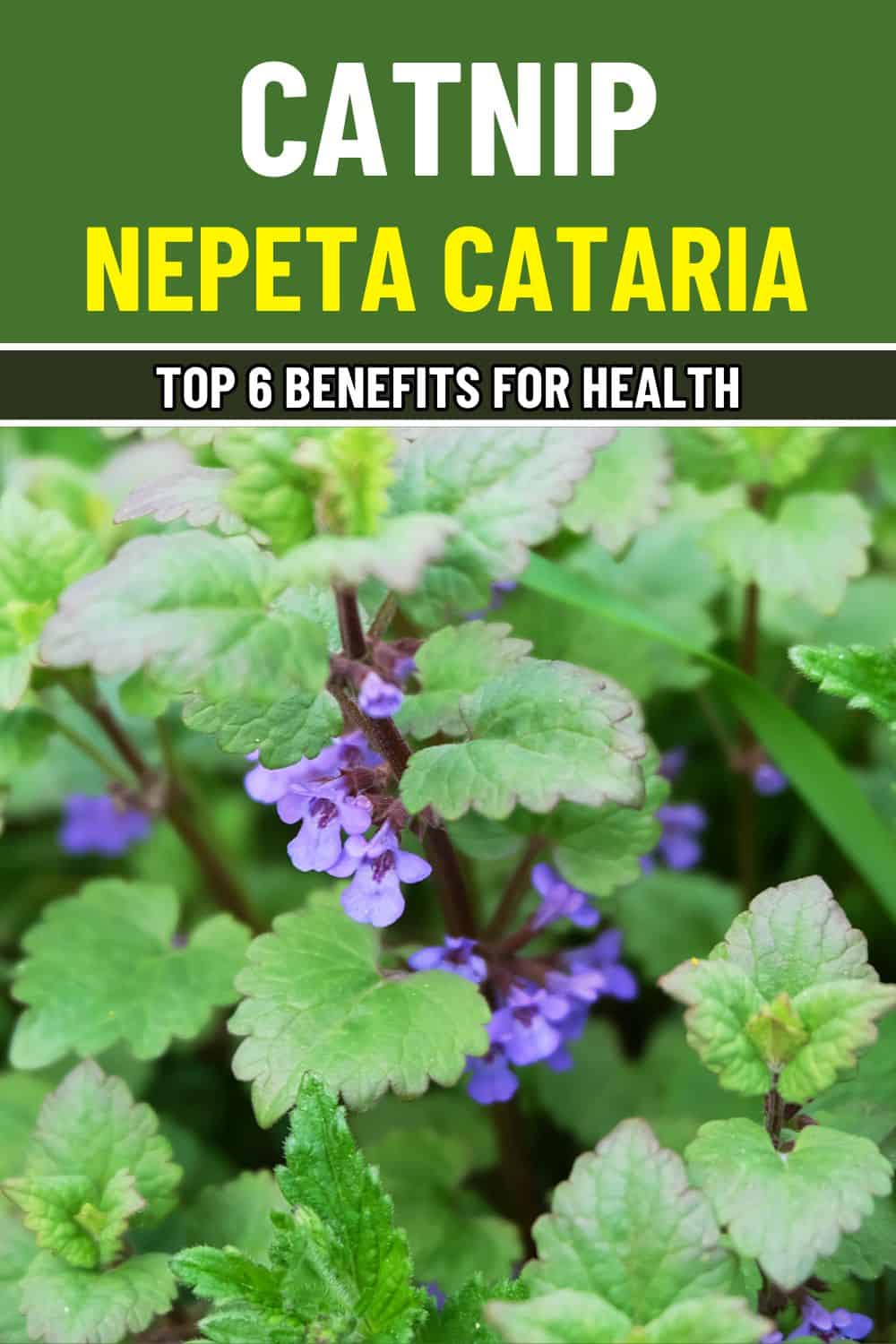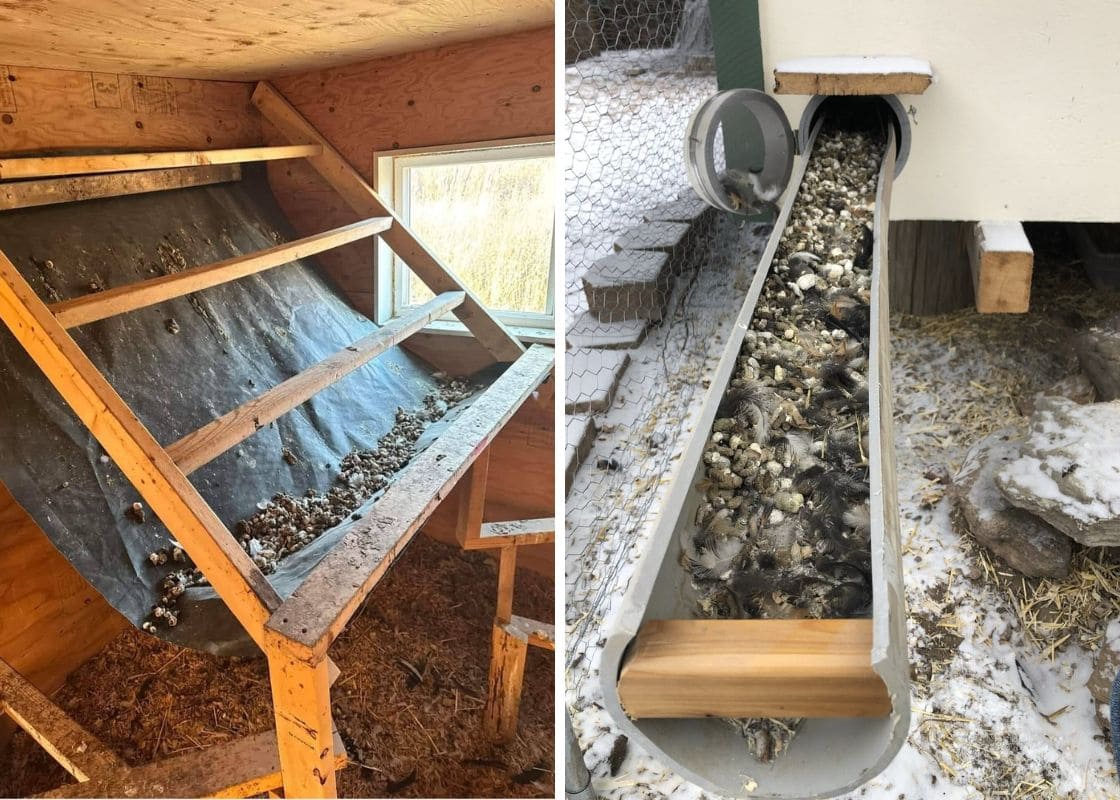Catnip (Nepeta cataria) is often associated with its playful effects on cats, but this herb is far more than a feline treat.
For centuries, catnip has been a prized herbal remedy for humans, revered for its calming, sedative properties.
Whether you’re struggling with stress, anxiety, or sleep disturbances, catnip can help restore balance to your mind and body.
#1. A Natural Calming Agent for Stress and Anxiety
One of the primary reasons people turn to catnip is its ability to calm the nervous system. Thanks to a compound called nepetalactone, catnip has mild sedative effects.
Nepetalactone interacts with the brain’s neurotransmitters, promoting relaxation and reducing feelings of nervousness or restlessness.
Therefore, catnip is considered a natural remedy for stress and anxiety without the harsh side effects often associated with pharmaceutical medications.
While not as powerful as stronger prescription sedatives, catnip is ideal for people seeking a mild, herbal solution for daily stress.

#2. Promotes Better Sleep
If you struggle with falling asleep, catnip may be the natural solution you’ve been looking for. Its soothing properties extend to promoting restful sleep by acting as a gentle sedative.
In fact, catnip tea is a popular bedtime drink. A 100-gram serving of catnip tea contains around 0.3 mg of nepetalactone, which is enough to induce a calm state without any grogginess the following day.
Unlike over-the-counter sleep aids, catnip works naturally, offering a restorative sleep cycle without the risk of dependency or side effects.
Studies on catnip have confirmed its mild sedative effects, and some suggest it may even be more effective when combined with other calming herbs like chamomile.

#3. Eases Digestive Discomfort
Catnip isn’t just a calming herb for the mind it also has soothing effects on the digestive system. It has natural antispasmodic properties, which means it can relieve cramping, bloating, and gas.
Many digestive issues are aggravated by stress and anxiety, so using catnip can provide double relief: it calms the mind and settles the stomach.
A typical serving of catnip tea helps reduce symptoms of indigestion by relaxing the muscles of the digestive tract, allowing food to pass more smoothly and preventing bloating.

#4. Reduces Headaches and Migraines
Many headaches, especially tension headaches, are caused by stress and anxiety. Since catnip helps to relieve both, it can effectively reduce the intensity and frequency of these headaches.
By relaxing the muscles and soothing the nervous system, catnip can help alleviate the pain associated with tension headaches, making it a great natural remedy.
In addition, catnip’s calming properties may help with migraines, which are often triggered or worsened by stress.
While research on its specific effects on migraines is still limited, anecdotal evidence and traditional use suggest that it can be a helpful tool in managing headache symptoms.

#5. Antioxidant and Anti-inflammatory Effects
Oxidative stress occurs when free radicals outnumber antioxidants, leading to cell damage and inflammation.
The antioxidants in catnip, including flavonoids and phenolic compounds, help neutralize these free radicals, reducing inflammation and supporting overall health.
Chronic inflammation has been linked to a wide range of conditions, including arthritis, heart disease, and even cancer.
Regular catnip consumption may offer mild anti-inflammatory benefits, promoting a healthier inflammatory response and reducing the risk of inflammation-related diseases.

#6. Respiratory Support
If you’re dealing with a stuffy nose or respiratory discomfort, catnip may be helpful in clearing up congestion.
The herb has mild expectorant properties, helps loosen mucus, and supports the body’s natural expulsion ability. This makes it useful for easing cold symptoms or mild respiratory congestion.
While it’s not a substitute for more targeted treatments like decongestants, catnip can help soothe irritated airways and promote clearer breathing.
It’s a gentle, natural remedy that works best when combined with other herbal treatments, like peppermint or eucalyptus, for optimal respiratory support.

How to Use Catnip for Health Benefits
Catnip Tea Recipe
Ingredients:
- 1-2 teaspoons of dried catnip leaves
- 1 cup of hot water
- Honey or lemon (optional)
Instructions:
- Measure the catnip: Place 1-2 teaspoons of dried catnip leaves into a tea strainer or directly into your cup.
- Pour hot water: Pour 1 cup of hot water (not boiling) over the catnip leaves. Too-hot water can destroy some of the delicate compounds in catnip, so use water just below boiling.
- Steep: Let the tea steep for 5-10 minutes. The longer it steeps, the stronger the effects will be.
- Strain and serve: Remove the catnip leaves or tea strainer. Add honey or lemon for taste if desired.
- Sip and relax: Drink your catnip tea about 30 minutes before bedtime for the best results.
Catnip tea is a calming, non-habit-forming way to enjoy the benefits of this herb. You can also use catnip essential oils in a diffuser or apply diluted oils topically for added relaxation.

Cautions and Precautions
It is advised that you avoid using catnip during pregnancy or breastfeeding, as it can have uterine stimulant effects.
If you’re taking sedatives, anti-anxiety medications, or sleep aids, catnip may enhance their effects, leading to excessive drowsiness. Always consult a healthcare provider if you’re on medication.
If you’re allergic to plants in the mint family (Lamiaceae), like peppermint or oregano, be cautious when using catnip. Try a small amount first to check for any allergic reactions.
While catnip is safe in moderate amounts, excessive consumption may cause mild digestive upset, including nausea or diarrhea.
Disclaimer
This article is for informational purposes only and is not intended to provide medical advice.
Always consult with a healthcare provider before incorporating any new herbal remedies into your routine, especially if you are pregnant, breastfeeding, or taking medications.







